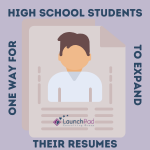It’s May. That means you are one step closer to summer and your graduation!
Whether you are finishing your junior year or graduating high school this year, college is right around the corner. Though you’ll be starting a new chapter in your life in a few months, you still have the summer to play, but also to work.
Getting a summer job is one of the best ways a high school student can expand their resume before they even start college.
There are many kinds of jobs that provide you with good experience for your resumes:
- camp counselor
- lifeguard
- coach
- referee or umpire
- work at a grocery store
- country club employee (waitstaff; grounds keeping; caddy)
- restaurant staff
- ice cream shop
- retail clerk
- babysitter/nanny
- and more!
Finding a job and getting the job can be tricky. Start planning now!
We’ve prepared a few tips and tricks to help you get the perfect summer job!
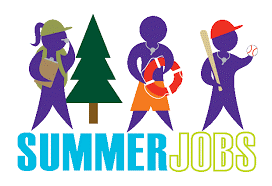
A Summer Job
Right now you might not have a lot of experience to put on your resume. A summer job will give you work experience to put on your resume and the opportunity to showcase your skills and maturity.
A summer job is a great way to start saving money for college or just to have some extra money. Having a job keeps you busy through the summer and will give you good experience to put on your resume. Experience that employers look for when you get ready to apply for internships or more permanent employment.
Saving money isn’t the only benefit of a summer job. A summer job helps you develop interview skills, gives you an opportunity to explore and establish your work ethic, discover your strengths and weaknesses, and gives you real-world experience.
A summer job helps you build skills and habits for your future career as well as your personal development. A summer job can help you develop valuable skills in communication, time management, and managing responsibilities. It can also help you learn more about how you work with people, how you work under pressure, and more about your likes and dislikes.
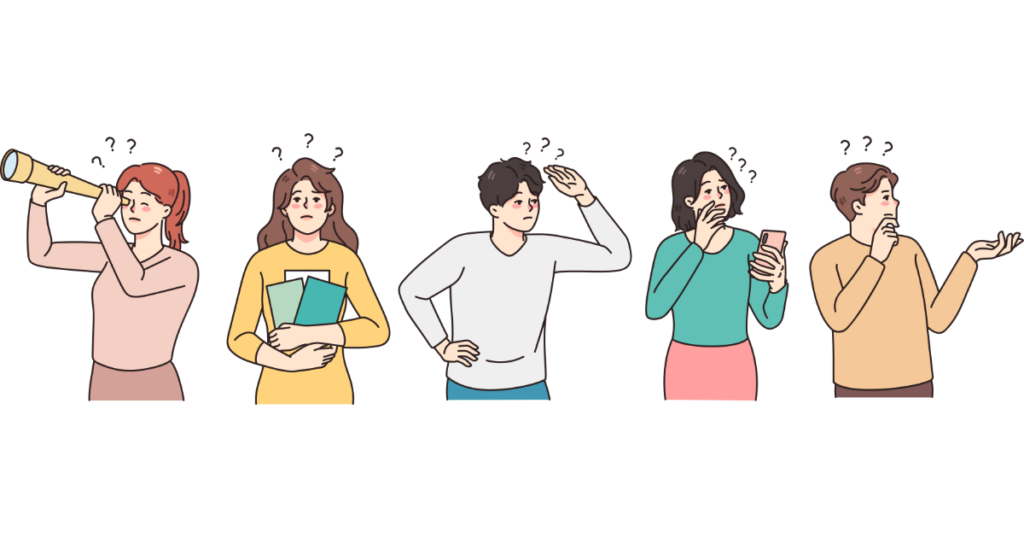
Finding a Job
There are plenty of job websites out there like Indeed or ZipRecruiter that make it easy to sift through job postings. You can make an account and then look through available job postings while applying filters to find jobs that match your exact needs.
Filters include things like: industry, salary, company, part-time/full-time, and location. Filters make it much simpler to search for what you’re looking for and, if you find a posting you like, you can always save it and return to it later to apply.
Indeed.com also offers the chance for one-click applications. You fill out a resume on the app, or you can upload your own, and then you can automatically apply with only a few clicks.
Other than checking out job postings, if you have a place in mind you’d want to work, give them a call or go there in person to ask if they have any openings. Most places are interested in extra help in the summer and they might not have gotten around to putting a posting online yet.
Another option is to ask friends if they enjoy where they work. If they do, ask if they’re hiring and if they could put in a good word for you. Just because it’s a job doesn’t mean you can’t work with friends!
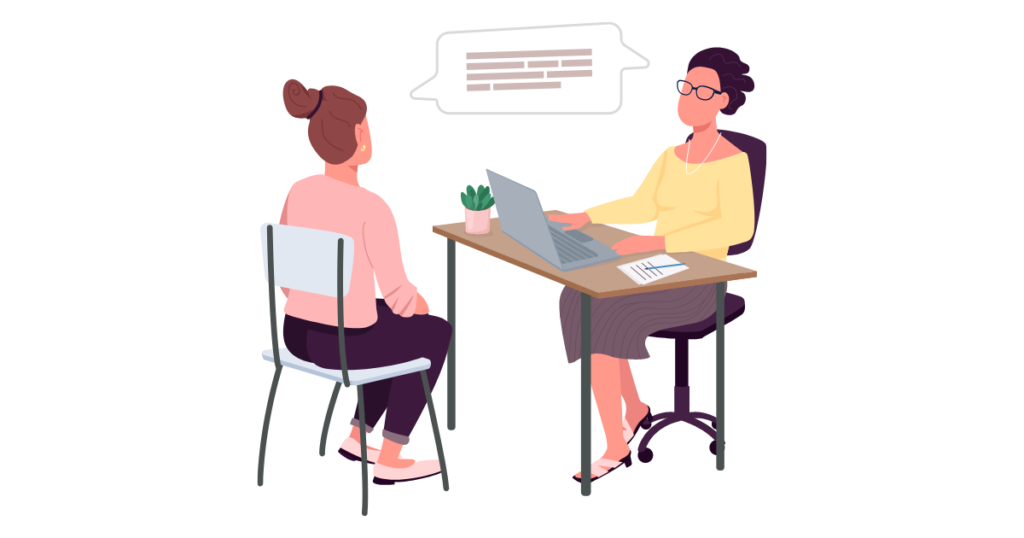
Getting the Job
After you’ve been applying, you’ll start to get phone calls or emails in regards to the job itself so be sure to check your voicemails and emails.
First impressions make or break a lot of interviews. Employers are now seeing you for the first time and they want to know they’re hiring someone professional. Make sure you dress professionally and arrive on time (10 – 15 minutes before your interview time). A future employer wants to know you are punctual and can be on time for your shift.
Show up prepared with questions to ask and know the role you’re applying for.
Some questions you should expect to answer include:
- Why did you apply for the job?
- Why do you want to do the job?
- Why should we hire you?
Make sure you have some potential answers already prepared in your head so you are ready to answer when they are asked.
Be honest and transparent with the person interviewing you. Make sure they’re aware you’re leaving in the fall so that this job is temporary. Be prepared to talk about whether or not you’ll be home for holidays and interested in working then as well.
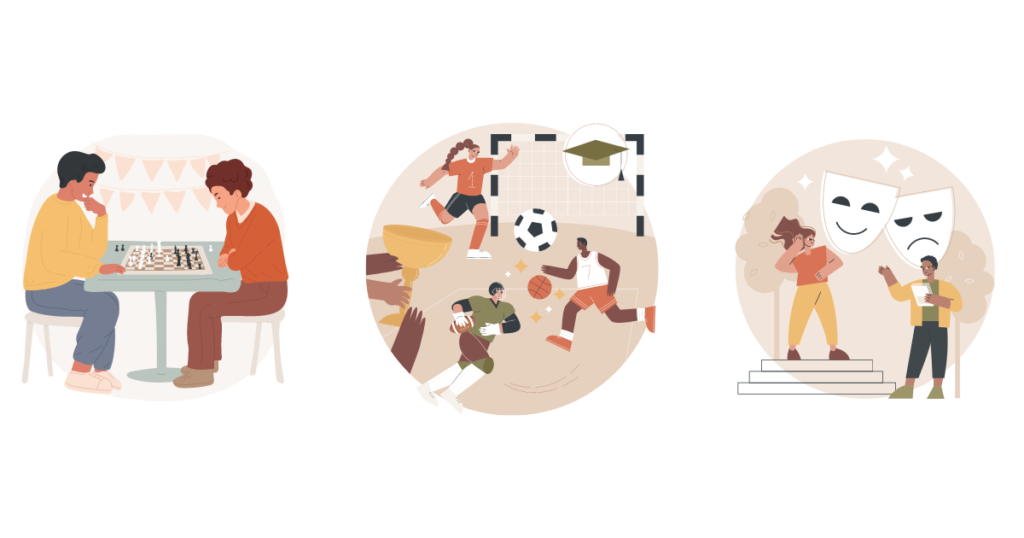
Knowing Your Strengths and Skills
As a young adult, you might not have a lot of real-life experience. You might not even have held a job before. That’s okay!
Draw on the experiences you do have even if they weren’t learned in a workplace. For example, do you play a sport? What skills have you developed from working as part of a team? Athletes develop kills like time management from balancing homework, classes, practices, and games, interpersonal skills from working with teammates, leadership skills, ability to follow directions, and/or perseverance.
You have also developed solid job skills from being a good student, skills like managing your schoolwork and time. Do you accomplish things on time? Do you have a strong work ethic? If you’ve had group projects, how do you work with a group? What role do you take? What have you learned about yourself and how you work with others?
Think about your involvement with any school clubs, volunteering, or other extracurriculars. Have you had any leadership roles? How have you supported the work of that club or organization? These experiences help develop skills like time management, civic engagement, and communication.
Lastly, even if you don’t think you have a lot of job experience, know that employers are looking for some kind of evidence of these key skills:
- Strong Communication Skills
- Time Management
- Ability to Manage Various Responsibilities
- Task Completion
- Ability to Independently Follow Directions
- Responsibility
- Punctuality
There are many opportunities to apply and develop these skills. Keep track of all of them so you have a solid supply of experiences to draw from when finalizing your resume and preparing to write the next chapters of your life!
Need help organizing your experiences or writing your resume? Contact us today!
